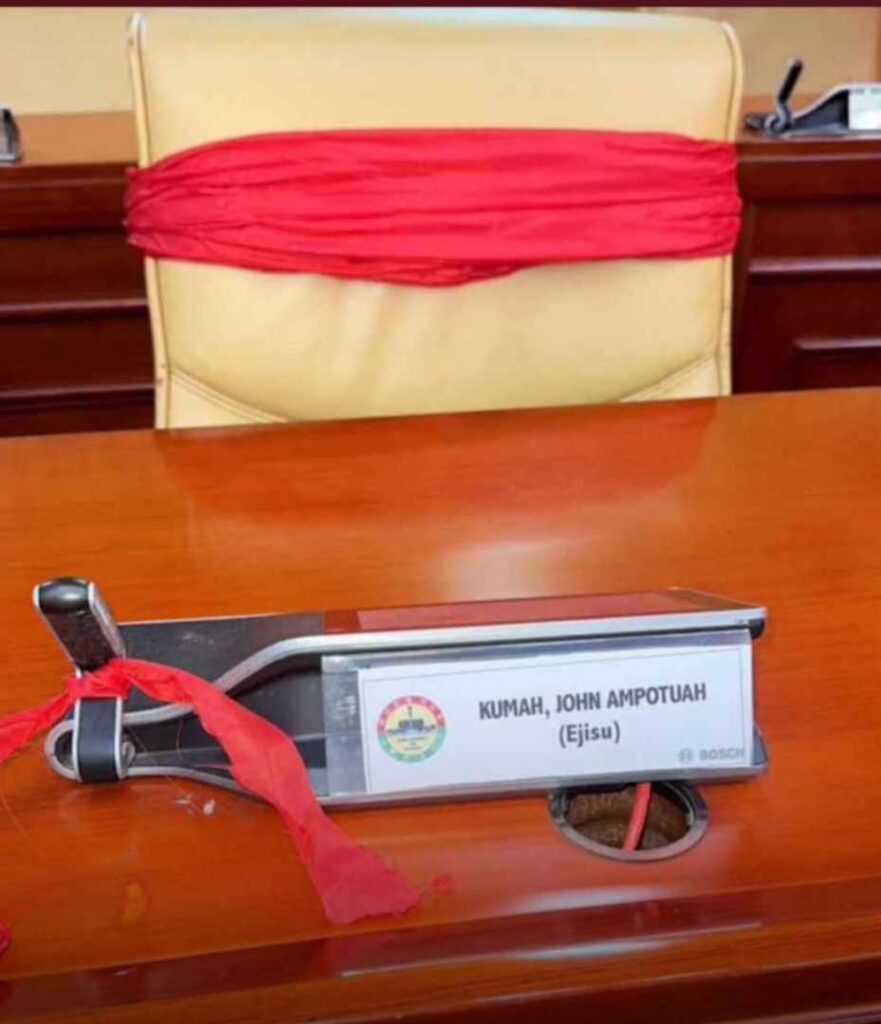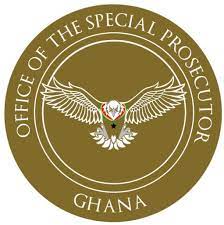
PARLIAMENT was forced into early adjournment on Wednesday because it did not have a quorum to continue with activities lined up for the day.
This was when the House was considering the Right To Information (RTI) Bill.
Before that, the House had substantial numbers during the questioning and statement sessions, which formed part of the 'private business' segment.
At about 2:30pm when the House had called for public business, Adansi Asokwa Member of Parliament (MP), K.T. Hammond, raised the issue of quorum and was seconded by Ningo Prampram MP, Sam George.
The objection by K. T. Hammond, supported by Sam George, was grounded in Order 48(2) of Parliament's Standing Orders.
It states that "If at the time of sitting, a member takes notice or objection that there are present in the House, besides the person presiding, less than one-third of the number of all the Members of Parliament, and after an interval of ten minutes a quorum is not present, the person presiding shall adjourn the House without question put until the next sitting day."
Determined to have the consideration continued, the Second Deputy Speaker, Alban Bagbin, asked that the bell be used in calling members from their offices to the chamber, thus the bell was rang to fulfill the ten minutes grace period in accordance with Order 48(2) of the House.
Ten minutes after the bell was rang, the House could still not form a quorum for the consideration of the bill to continue.
Frustrated by the lack of quorum, the Nadowli/Kaleo MP had no choice, but to adjourn the House for the day.
With only 36 of the 275 MPs in the House at the time of adjournment when at least 91 was required, Mr. Bagbin said his hands were "tied" and that the option available to him was to adjourn the House.
The lack of quorum and the subsequent adjournment of the House was in line with Article 102 of the 1992 Constitution.
"A quorum of Parliament, apart from the one presiding, shall be one-third of all Members of Parliament," the Constitution states.
This is the second time in five sitting days the House had to adjourn over no quorum concern raised by K. T. Hammond.
The RTI, among other things, seeks to operationalise Article 21 (1) (f) of the 1992 constitution, which states that "all persons have the right to information subject to such qualifications and laws as are necessary in a democratic society."
Drafted in 1998, the RTI was first laid in Parliament in 2010, and after that Parliament elapsed, it was brought back in 2015 where consideration started but could not be completed.
It was again laid in Parliament in the last meeting of this Parliament, but work on it has slowed down since the House returned for this meeting; the last of this session.
Read Full Story

























Facebook
Twitter
Pinterest
Instagram
Google+
YouTube
LinkedIn
RSS